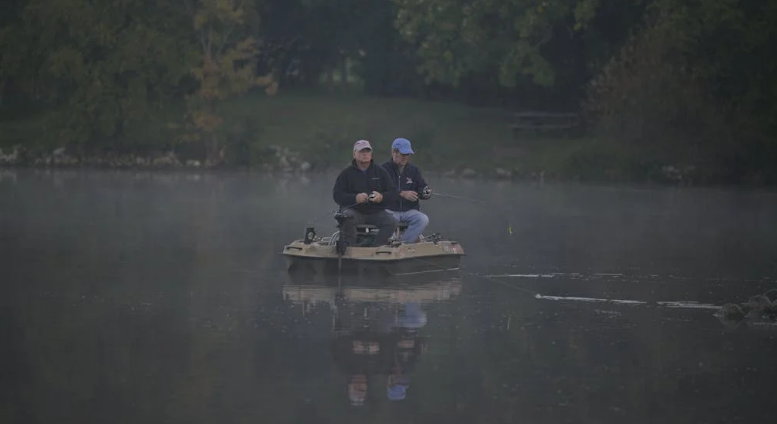Magnet fishing, a popular hobby among many outdoor enthusiasts, involves using a strong magnet to search for metal objects in bodies of water. While this activity can be exciting and rewarding, it has raised questions about its legality. In this article, we will explore the legal aspects of magnet fishing, including its potential risks and regulations. Whether you’re a seasoned magnet fisher or simply curious about the hobby, it’s essential to understand the legal implications before casting your magnet into the water.
What is Magnet Fishing?
Magnet fishing, also known as magnetic fishing, involves using a powerful magnet attached to a rope to search for metallic objects in rivers, lakes, and other bodies of water. The magnet is thrown into the water, and then pulled back in to see if it has attracted any metal objects. This activity is similar to metal detecting on land, but it takes place underwater, making it an appealing pastime for those who enjoy treasure hunting and outdoor exploration.

The Legality of Magnet Fishing
One of the most common questions surrounding magnet fishing is whether it is legal. The legality of magnet fishing varies depending on the location and local regulations. In some areas, magnet fishing is considered a harmless hobby, similar to fishing, and is allowed without restrictions. However, in other places, there are specific laws and regulations that govern the practice of magnet fishing.
Potential Risks and Environmental Impact
While magnet fishing can be an exciting and rewarding activity, it also carries potential risks and environmental impact. Some of the risks associated with magnet fishing include the discovery of hazardous materials, such as old weapons or unexploded ordnance, which can pose a danger to those engaging in the activity. Additionally, the use of strong magnets in bodies of water can disrupt aquatic ecosystems and disturb the natural habitat of marine life. It is crucial for magnet fishers to be aware of these potential risks and take necessary precautions to ensure their safety and protect the environment.
Regulations and Guidelines
Due to the potential risks and environmental impact associated with magnet fishing, many local authorities have implemented regulations and guidelines to govern the activity. These regulations may include restrictions on certain water bodies, guidelines for the disposal of any hazardous materials found, and requirements for obtaining permits for magnet fishing in certain areas. It is important for magnet fishers to familiarize themselves with the specific regulations and guidelines that apply to their location to ensure compliance with the law and minimize any negative impact on the environment.
Environmental Conservation and Responsible Magnet Fishing
As with any outdoor activity, it is essential for magnet fishers to prioritize environmental conservation and responsible fishing practices. This includes properly disposing of any waste or hazardous materials found during magnet fishing, respecting the natural habitat of marine life, and following all applicable regulations and guidelines. By adopting responsible practices, magnet fishers can contribute to the preservation of aquatic ecosystems and minimize the environmental impact of their hobby.
Conclusion
The legality of magnet fishing varies depending on the location and local regulations. While it can be an enjoyable hobby, magnet fishers must be aware of the potential risks and environmental impact associated with the activity. By familiarizing themselves with the regulations and guidelines that govern magnet fishing in their area, as well as adopting responsible practices, magnet fishers can enjoy their hobby while minimizing any negative impact on the environment. Whether you’re an experienced magnet fisher or considering trying the activity for the first time, it’s essential to prioritize safety, environmental conservation, and legal compliance while engaging in this unique outdoor pursuit.



